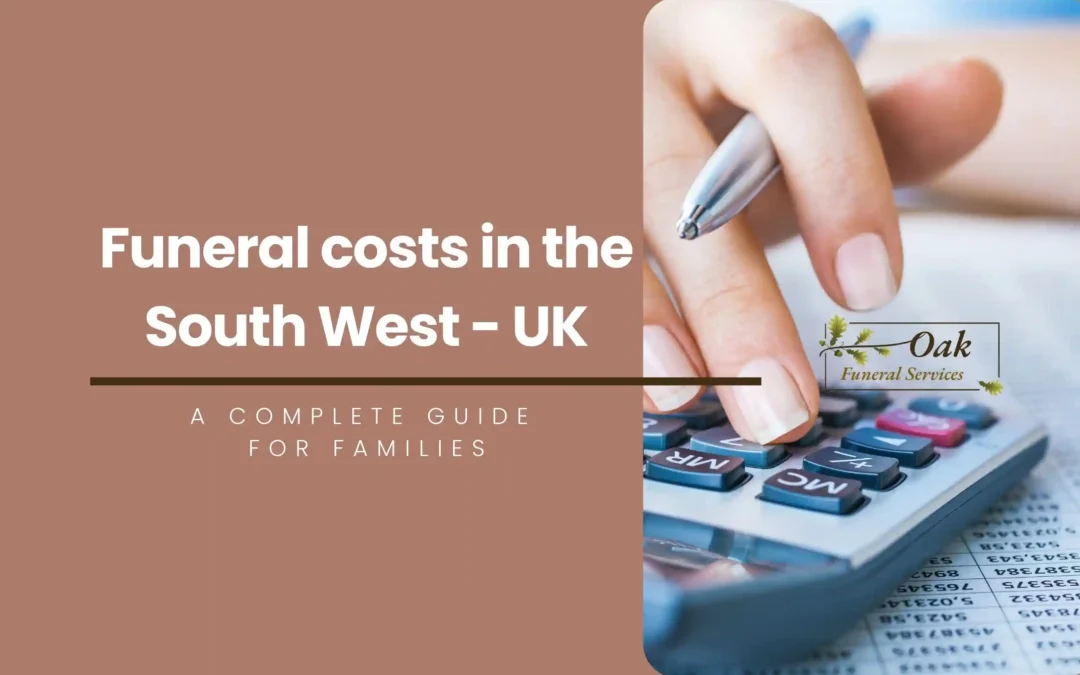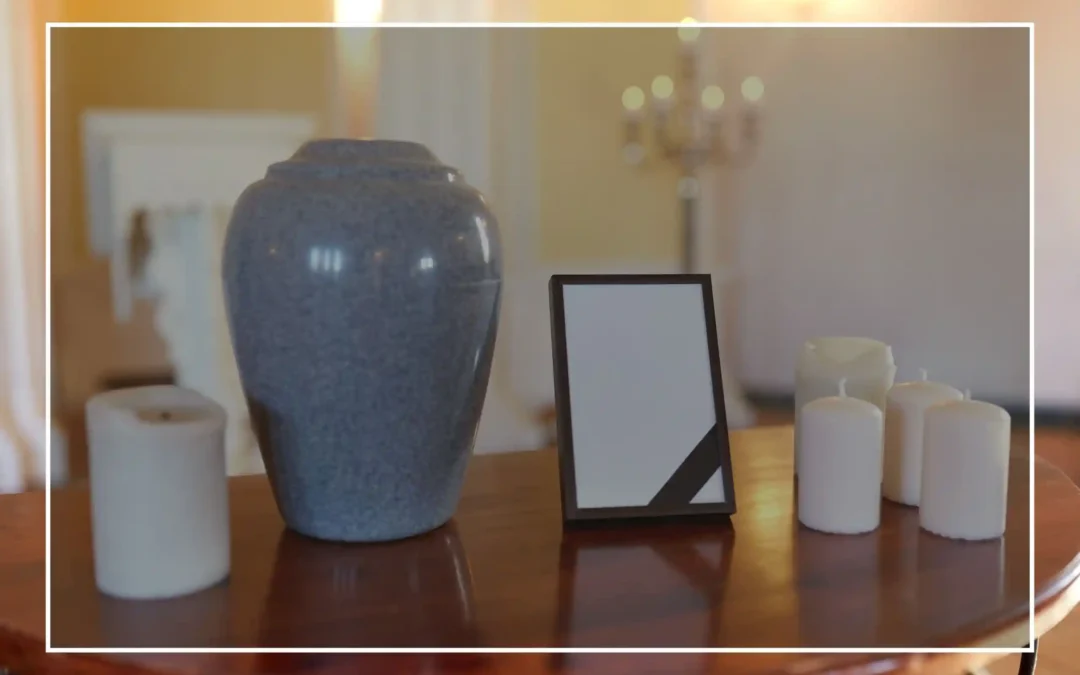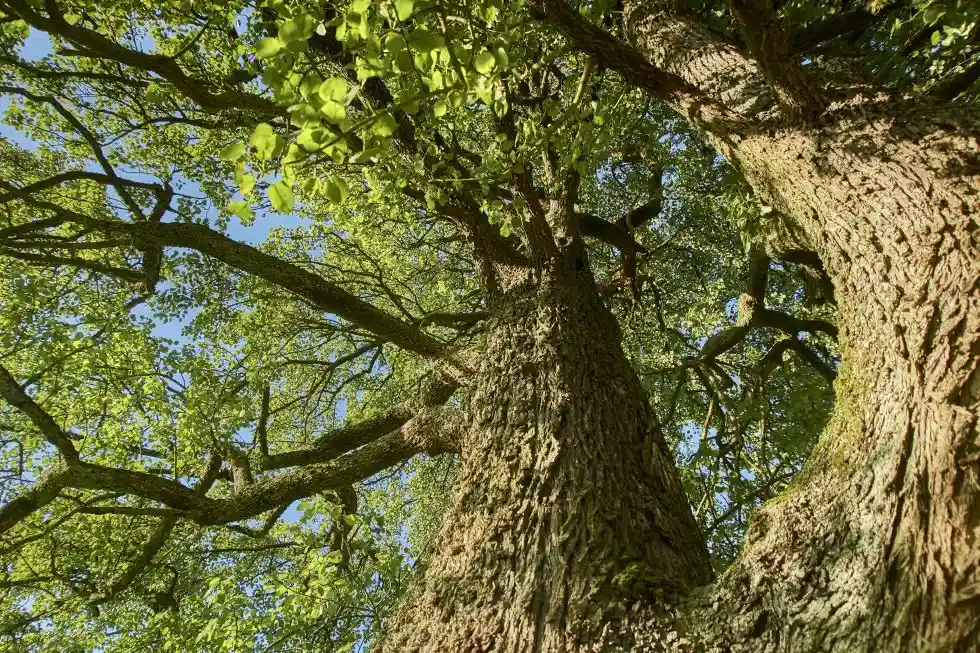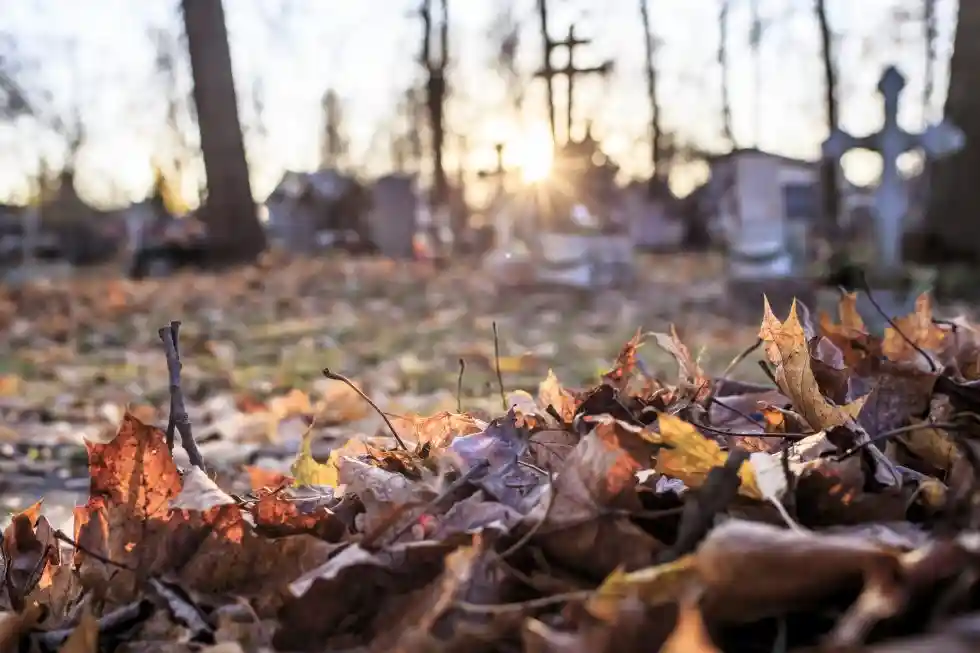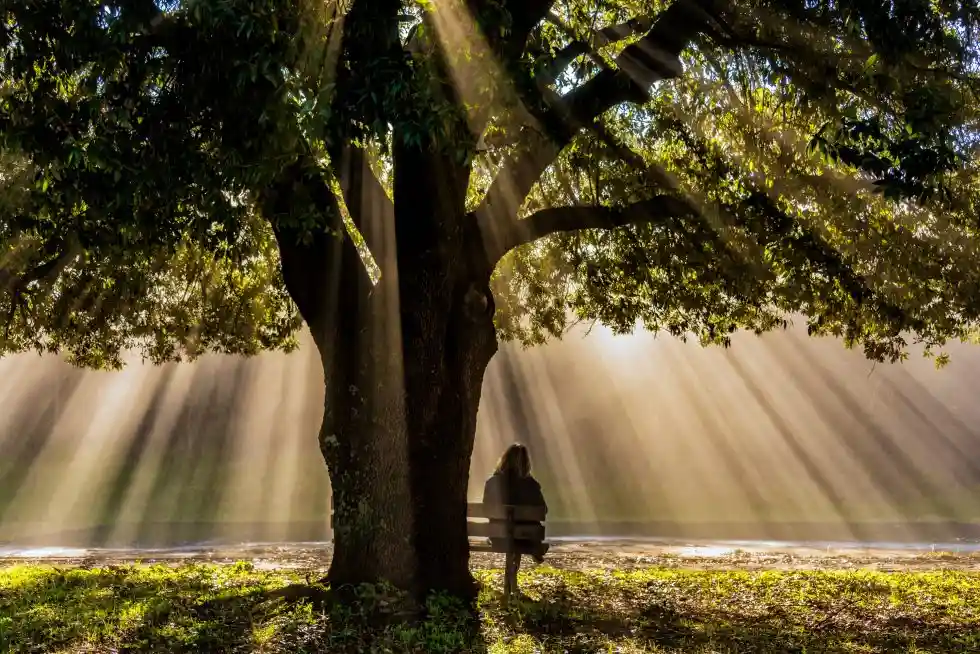Cremation in the South West: What Should Families Expect in 2025?
When a loved one dies, most families want three things: clear options, straight answers and a compassionate, local team to take the lead. Oak Funerals delivers exactly that across Somerset and the wider South West. In the South West of England—spanning Somerset, Bristol, Bath, Devon, Dorset, Gloucestershire and Wiltshire—cremation is now the most common choice, largely because it offers flexibility, personalisation and value. This practical guide brings together everything you need to know about arranging a cremation in the region: which types of service to consider, the steps and timeline, what affects the price, and how to make the day feel personal and right for your family.
Why cremation is now the norm in the UK?
Cremation has become the preferred option across the UK, and the South West reflects that national picture. Independent research shows the average cost of a simple, attended funeral has risen steadily, while direct cremation has emerged as a lower-cost alternative. For many families, the decision is not only financial: cremation allows more choice over when and where to hold a memorial, and it avoids the pressure to make every decision within a few days.
According to SunLife’s latest Cost of Dying research, the average price of a simple attended funeral in 2024 was £4,285 and the overall ‘cost of dying’ reached £9,797; direct cremation averaged about £1,597.
SunLife’s data indicates that about three-quarters of UK funerals now involve cremation, with around one in five described as a direct cremation.
Get in touch
Types of cremation you can choose
There is no single “right” way to arrange a cremation. Most families in the South West choose one of three routes, each with its own rhythm and budget.
1) Attended cremation service at a crematorium
An attended service typically lasts 30–45 minutes, allowing time for music, eulogies and tributes. You can book a minister, a humanist celebrant or ask a family member to lead. Many local crematoria offer live-streaming so relatives who cannot travel can take part. (live-streaming has become common since the pandemic).
2) Chapel or church service followed by a committal at the crematorium
Some families prefer a longer service in a parish church or chapel, then travel with the cortege to the crematorium for a short committal. This can work well when a community wishes to gather in a familiar place of worship.
3) Direct cremation with a separate memorial later
A direct cremation happens without mourners present. The ashes are then returned to the family, who may hold a celebration of life a few weeks later at home, in a village hall, at a favourite beauty spot, or in a venue meaningful to the person who has died. Direct cremation keeps the day itself simple and can reduce costs, but it still allows a heartfelt tribute on your own schedule.
Oak Funeral Services guides families through all three routes — attended services, church followed by committal, or direct cremation — so each poignant choice feels right for you.
Key steps and timeline in the South West
Although every situation is different, these are the usual stages families follow in our region:
-
First call and bringing your loved one into care
A local funeral director will make the first arrangements and provide guidance on paperwork, such as the Medical Certificate of Cause of Death and the green form from the registrar.
-
Choosing the date and venue
Crematoria in the South West generally offer weekday morning and afternoon slots. Popular times may book up quickly, so keep an open mind on dates if you need a specific chapel or celebrant.
-
Service planning
Decide on readings, music, pallbearers, floral tributes and whether to include a photo tribute. If you want a webcast, request this early so the venue can set up the link for family and friends.
-
The day of the funeral
The cortege usually meets at the family home or the funeral home before travelling to the crematorium. Expect your funeral director to brief everyone on the order of service and to coordinate with the chapel attendant or celebrant.
-
After the cremation
Ashes are normally available for collection within a few days. Many families in the South West choose to scatter them in a favourite place (subject to landowner permission), inter them in a cemetery’s garden of remembrance, or keep them at home in an urn.
Where cremations take place in the South West?
Families here are served by a network of crematoria including those in Taunton, Yeovil, Weston-super-Mare, Bristol (several chapels), Bath, Gloucester, Cheltenham, Exeter, Torquay, Barnstaple, Plymouth, Weymouth and Bournemouth/Poole.
Each venue has its own chapel style, capacity, music system and memorial gardens. If accessibility, parking or travel times matter for your group, ask your funeral director for suggestions and drive-time estimates. For families in rural parts of Somerset, Dorset and Devon, it can be helpful to plan rendezvous points so relatives can travel together and arrive in good time.
What affects the price of a cremation?
Final costs vary because a funeral is a combination of third-party fees (crematorium, doctors, officiant) and the professional services of your funeral director. At Oak Funerals, we always provide a paired-down, itemised estimate so you know exactly what you’re paying for. These are the main drivers:
Type of service
A direct cremation is usually the lowest-cost option; an attended service with a hearse, limousines, printed orders of service and floral tributes will cost more.
Time and day
Some crematoria charge a premium for late-morning slots or for extended chapel time. Early-morning services can sometimes be more affordable.
Chapel length and webcast
Longer bookings, visual tributes and webcasts usually carry extra fees charged by the venue or its media supplier.
Choice of coffin and vehicles
There are dignified options at every budget, from simple wood-effect coffins to solid wood, wicker or colourful designs. Additional limousines increase the overall price.
Celebrant or minister fees
Humanist celebrants and ministers set their own fees locally. If a parish church is used, there may be additional church fees.
Optional extras
Flowers, catering, venue hire for a wake, printed stationery and memorial keepsakes will change the total. Your funeral director should give you a clear estimate before you commit to decisions.
Typical price ranges and how to stay in control
Trusted national research tracks average funeral prices each year. Recent figures show the average cost of a simple attended funeral in the UK is now just over four thousand pounds, while a direct cremation is typically a little under sixteen hundred pounds on average. In 2024, the South West’s average simple attended funeral cost was reported at £3,966, slightly below the UK average, though prices vary between urban centres and rural areas. To stay in control:
Ask for an itemised estimate
Request a clear breakdown that separates funeral director fees from third-party charges. This makes it easier to compare like-for-like.
Consider weekday morning slots
If your family is flexible on timing, an early-morning chapel time can lower the total.
Decide what matters most
Many families prioritise music, readings and people over cars and flowers. Focus budget on what will feel meaningful for your loved one.
Pre-plan where possible
Funeral plans or simply writing down preferences can reduce stress and help relatives make choices quickly.
Personalising the farewell
A cremation can be as traditional or as contemporary as you wish. Families in the South West often include some of the ideas below to reflect a life well lived:
Music and readings
Choose favourite songs, hymns, poetry or a passage that captures the person’s values. Most chapels can play recordings via streaming services or USB.
Photo tributes
Many crematoria offer a slideshow on screens in the chapel. Provide high-resolution photos a few days ahead so the media team can test the playlist.
Personal items
Placing a well-loved book, a scarf, a walking stick or a sports cap on the coffin can say more than many words about someone’s character.
Dress code
Some families ask guests to wear a colour that meant something to the person who has died, or to keep it informal to reflect their style.
After the service
From a simple tea in the village hall to a pub lunch on the moor, a relaxed gathering allows people to share memories at their own pace.
Environmental considerations
Many families now ask about the environmental impact of funeral choices. Modern crematoria in the South West operate under strict emissions controls, and there are greener choices you can make whatever route you take:
• Coffins made from sustainable materials such as FSC-certified wood or wicker
• Local flowers or living plants instead of imported arrangements
• Car-sharing to the venue, or meeting there instead of a long cortege
• Planting a tree or supporting a local charity in someone’s name instead of large floral displays
Frequently Asked Questions (FAQs)
How quickly can a cremation take place?
Timing depends on paperwork and chapel availability, but many cremations in the South West can be arranged within one to two weeks. Your funeral director will manage the bookings and tell you the earliest dates.
Can we attend a direct cremation?
Direct cremation is designed to take place without mourners, but you can still arrange a separate memorial or celebration later, at a time that suits everyone.
Who keeps the ashes and what can we do with them?
Ashes are released to the person who arranged the funeral, or another authorised family member. You can scatter them (with appropriate permission), inter them in a cemetery, split them into keepsake urns or create memorial jewellery.
Is financial help available?
Depending on circumstances, you may be eligible for support from the Social Fund Funeral Expenses Payment or other grants. Charities and churches sometimes help with venue hire or refreshments. Ask your funeral director for up-to-date guidance relevant to your situation.
Why choose a local, independent funeral director?
Local knowledge makes a real difference. A South West team understands chapel layouts, traffic pinch-points, celebrants and ministers, choir availability, parking, and where to find good caterers on short notice. They can also advise on cultural and faith customs in our area and the small touches—like a favourite Cornish hymn or a Somerset folk tune—that make a farewell feel truly personal.
What families usually value most in a local, independent funeral director (our USPs):
• Transparent, itemised pricing with no hidden extras, shared up-front — this is at the heart of Oak Funeral Services’ approach.
• Flexible, family-led service design—religious or secular, traditional or contemporary—without pressure to ‘add-on’ things you do not need.
• 24/7 support from a consistent team who know your plans and your family.
• Strong working relationships with South West crematoria and chapels, so bookings and logistics run smoothly on the day.
• Thoughtful aftercare: guidance on ashes, memorials and paperwork, plus signposting to bereavement support.
A calm, well-guided cremation—wherever you are in the South West
Whether you live in a city like Bristol or Exeter, on the coast in Dorset or North Devon, or in the villages of Somerset and Wiltshire, guidance helps families navigate practical steps and focus on what matters: honouring a life with dignity and care. If you need immediate help, reach out to a funeral director who can take the weight from your shoulders and begin arranging the cremation you have in mind.

Owner & Senior Funeral Director at Oak Funeral Services
Mark Robson
Mark Robson (Adv Dip FD) is the Owner and Senior Funeral Director at Oak Funeral Services in Somerset, with over 30 years of experience. His journey began in his teens, earning a Funeral Director Diploma in 2000 and a Pride of Britain Award in 2009, offering compassionate, bespoke, and dignified service.
More Support Articles


